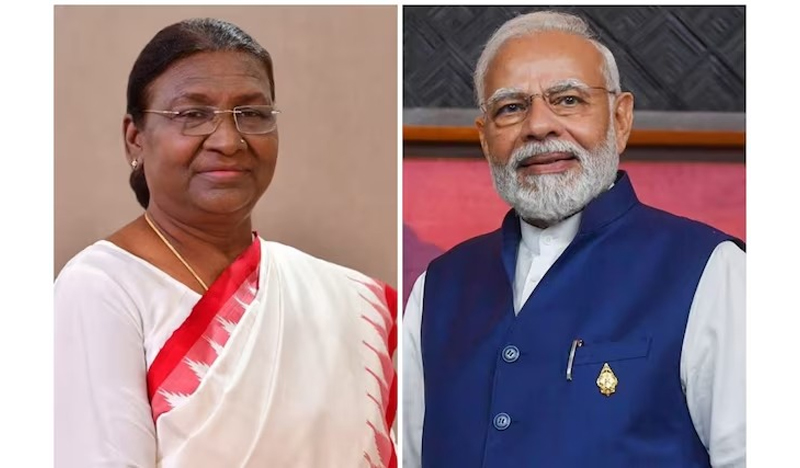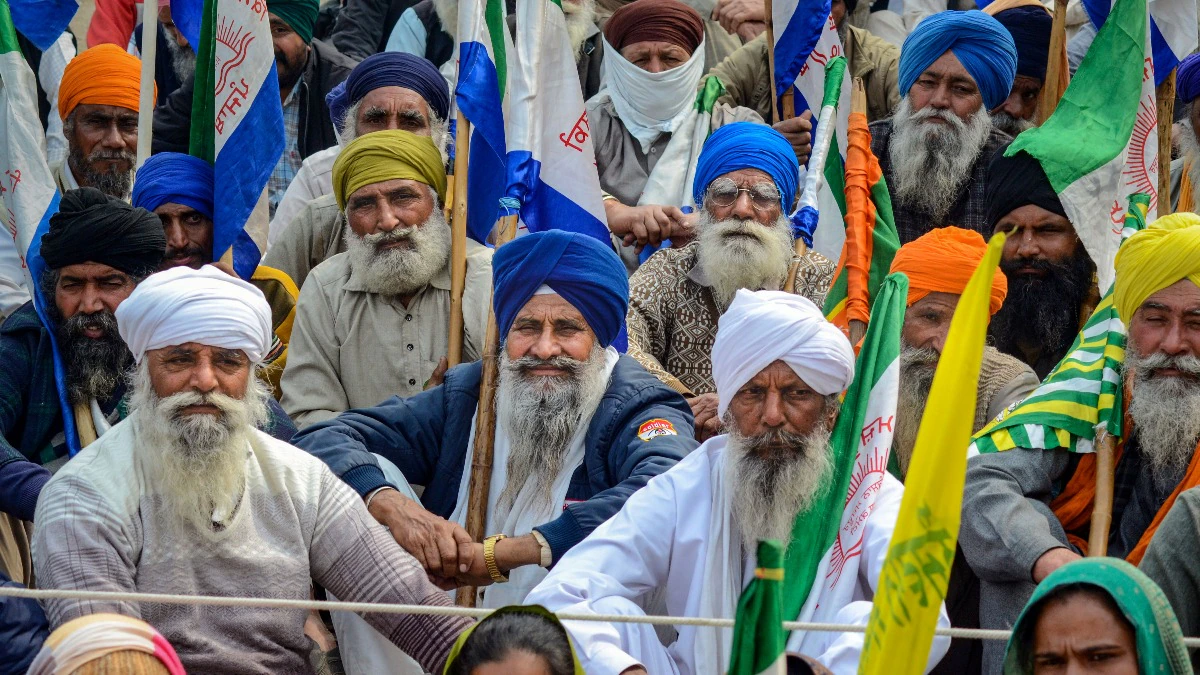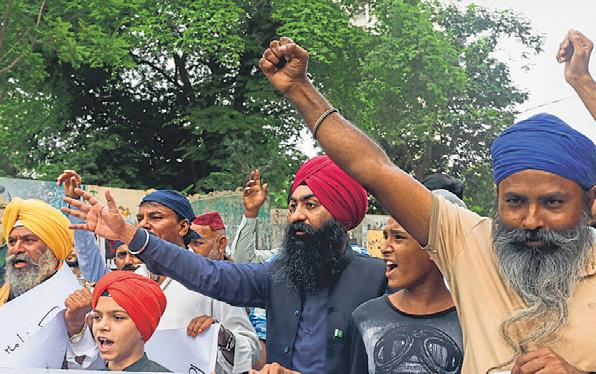The officers are claiming parity in pay and pension with officers of the rank of Brigadier
Taking up a petition filed jointly by 18 officers of the rank of Major General, drawing pension lower than their juniors, the Armed Forces Tribunal on Wednesday, Jan 12, sought an explanation from the Ministry of Defence and the pension disbursing authorities.
“The Tribunal’s bench comprising Justice Rajendra Menon and Lt Gen PM Hariz admitted the petition for final adjudication and asked the government and the Principal Controller of Defence Accounts (Officers) to show cause as to why the petition should not be allowed,” Col Indra Sen Singh (retd), counsel for the petitioners said.
The officers are claiming parity in pay and pension with officers of the rank of Brigadier.
The situation has arisen due to the Military Service Pay (MSP) which was introduced in the Sixth and Seventh Central Pay Commission (CPC) as part of basic pay of officers of the three services up to and including the rank of Brigadier and equivalent ranks in other services. Officers of the rank of Major General and above are not entitled to MSP.
As a result, a Major General and equivalent rank officer in the Air Force and Navy, after being promoted to the said rank, get lesser pay than Brigadier. Consequently their pension after retirement is lesser too.
“This is against the fundamental canon of service jurisprudence. A senior rank official cannot be paid less salary than his junior in the same branch or service,” Col Singh said. “Army Headquarters is aware of this pay and pension anomaly and has, admittedly, already taken up a case with the defence ministry to resolve the anomaly, but to no avail so far,” he added.
In two recent consecutive cases filed by officers of the rank of Air Vice Marshall (equivalent to of Major General), the Tribunal has already allowed their plea and directed the government to enhance their pay at par with that of Air Commodore (equivalent to Brigadier) and also upgrade their pension accordingly.
“However, the government has treated the two judgements as ‘Judgement-in-personam’ and not as ‘Judgement-in-rem’, which implies that it is applicable to the individual petitioner and not to all similarly circumstanced personnel,” Col Singh told The Tribune.
“This is contrary to the law as laid down by the Supreme Court in a number of judgements that once a judgement is passed and gains finality then the benefit of the same should be extended to all similarly situated individuals or groups without forcing them to knock at the doors of the courts separately,” he added.
************************************************************************
Readers










